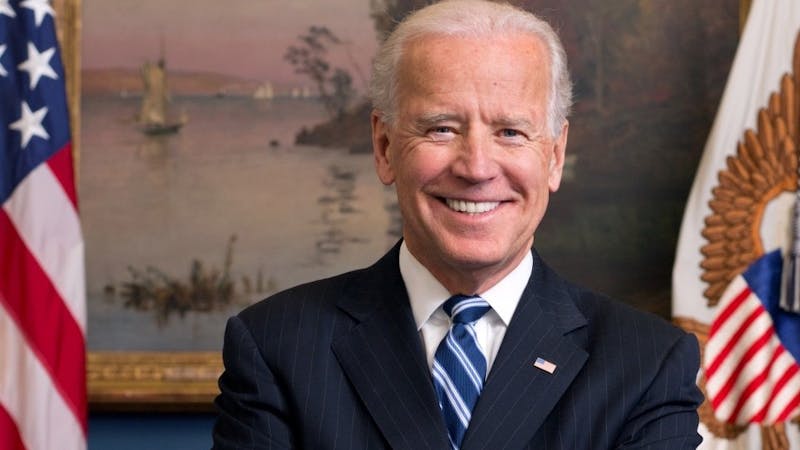
Joe Biden to visit campus next week
Vice President of the United States Joe Biden will visit Rice University next week, Rice’s Office of Public Affairs confirmed.

Vice President of the United States Joe Biden will visit Rice University next week, Rice’s Office of Public Affairs confirmed.

The opening ceremony for Rice University’s Moody Center for the Arts is set for Feb. 24, according to Executive Director Allison Weaver.
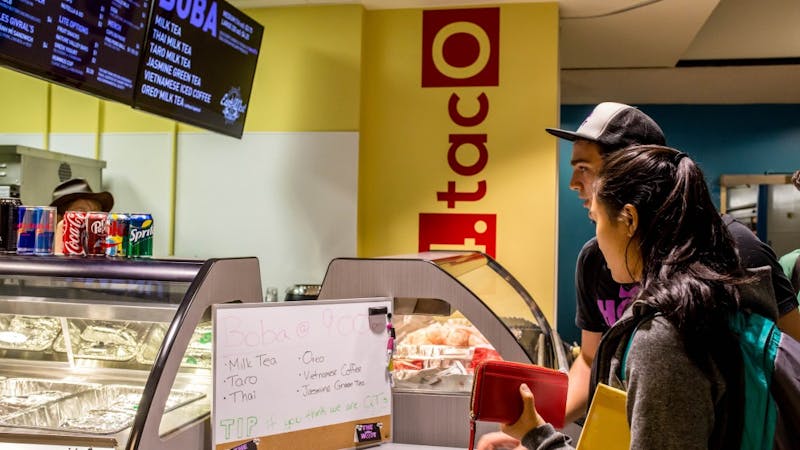
East-West Tea launched last semester, but the student-run company has already made a splash on the Rice campus.
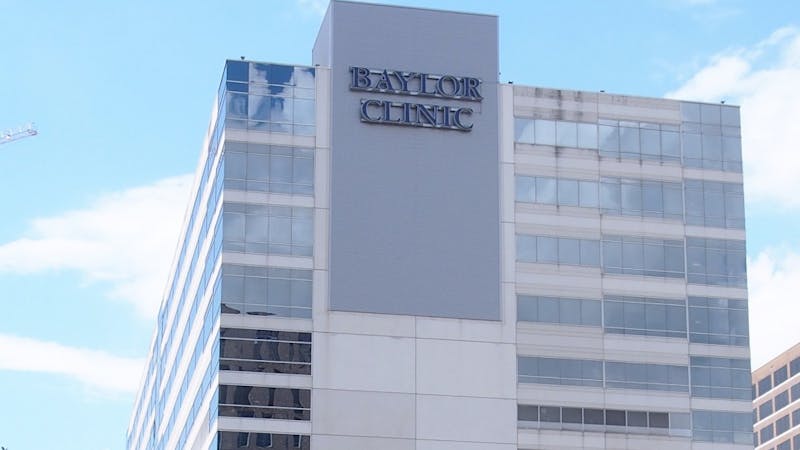
The Rice Baylor Medical Scholars Program, which combines admission to Rice with admission to Baylor Medical School after graduation if they fulfill certain requirements, typically accepts six students each academic year.
The sixth annual HackRice will for the first time be held in the fall to help students’ career prospects.
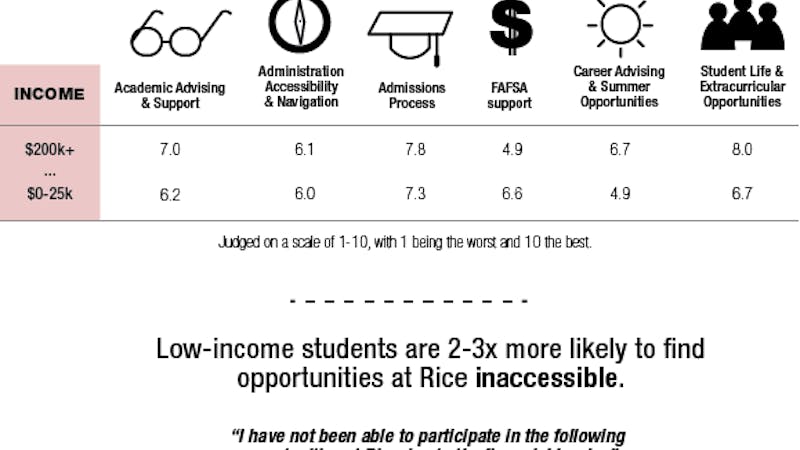
A new report from the Student Association shows that nearly 60 percent of students with a household income of less than $50,000 have been unable to participate in Rice events like Beer Bike or Center for Civic Leadership activities such as Alternative Spring Break due to their associated financial burden.
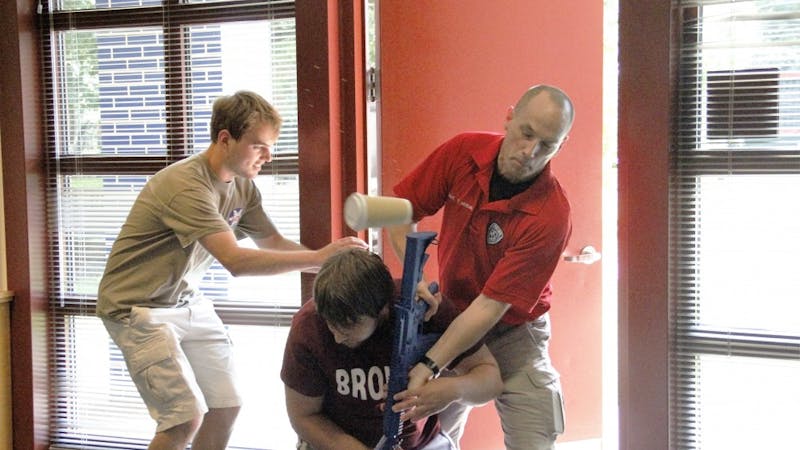
Around 40 students attended the Rice University Police Department’s upgraded active shooter training at Brown College on Saturday.
Rice University is restating its admission and financial aid policy to reflect its welcoming attitude toward undocumented students, according to a Rice News press release.
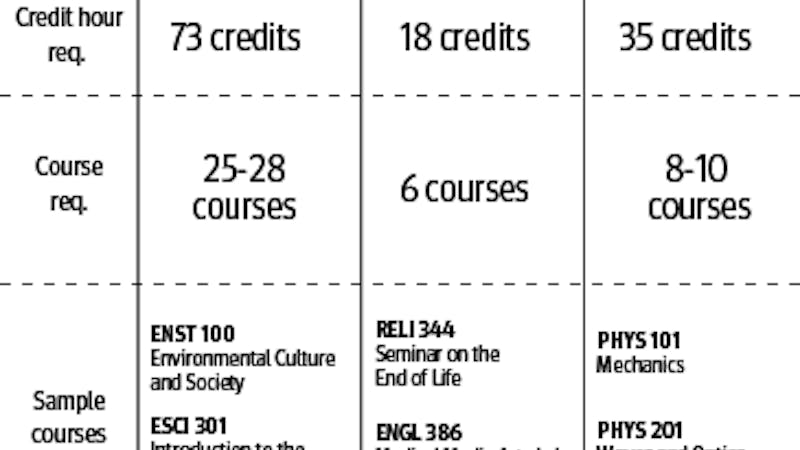
The beginning of the academic year has seen the launch of new programs in three departments: a Bachelor of Science in environmental science, a minor in physics, and a minor in medical humanities.

Ned Thomas will step down as Dean of the George R. Brown School of Engineering at the end of the school year and return to teaching as a full-time faculty member, according to an email Provost Marie Lynn Miranda sent to faculty last week. Miranda said the search for a replacement to Thomas, who has served since 2011, will begin soon.
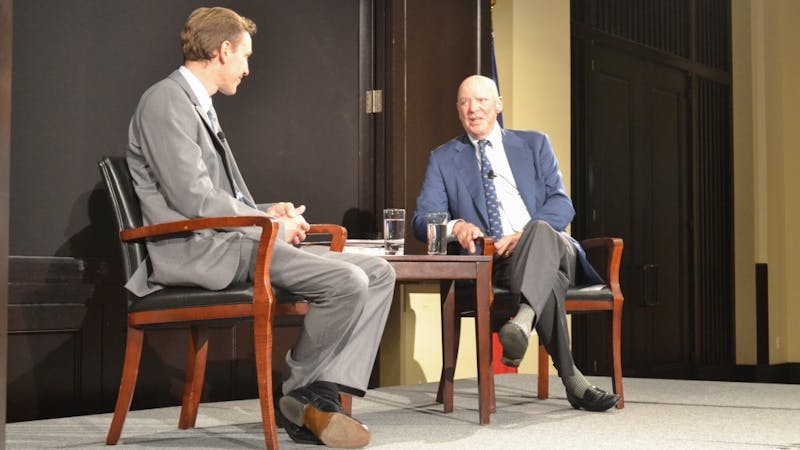
The McNair Center for Entrepreneurship and Innovation hosted “A Conversation with Bob McNair” at the Baker Institute on Monday.

This past summer, four Rice students went to Blantyre, Malawi to work under the Rice 360º Institute for Global Health internship alongside four students from The University of Malawi Polytechnic.
Prior to this year’s Orientation Week, the university administration received information that some returning students were planning to distribute illicit drugs on Move-In Day with the intent of targeting new students, according to Dean of Undergraduates John Hutchinson.

The Dean of Undergraduates’ office and the Student Association are working to offer pilot programs for a Critical Thinking in Sexuality course in spring 2017 rather than this fall as some expected, according to Dean John Hutchinson.
The mechanical engineering department has taken steps this summer to address understaffing and underfunding issues, following student complaints at a town hall organized by undergraduates in the spring.
On Beer Bike morning, while the rest of Rice was preparing to ingest liquid at high speeds, Duncan College sophomore Maurice Frediere was at the convention for Senate District 13 to elect delegates for each precinct within the district.
The Student Association Senate unanimously voted to table a resolution that would have censured the Faculty Senate for approving new limits on the number of credit hours undergraduates can take.
The Rice University Police Department’s plans to install security cameras on the outer perimeter of residential colleges has been delayed due to the need for feedback from students, according to Chief of Police Johnny Whitehead.
The Rice University Board of Trustees added four new members starting July 1, three of whom are Rice alumni, according to a Rice News press release.
A faculty committee tasked with investigating the university’s learning management systems has unanimously recommended that the Office of Information Technology transition from OwlSpace to Canvas for all courses starting this semester, according to the committee’s recent report. The Academic Technologies Subcommittee of the University Information Technology Committee further recommended that OIT actively promote Canvas, provide training and support for faculty, establish a clear process for course migration, disallow creating new courses in OwlSpace and archive all Owlspace courses for research. The recommendations came after the school piloted Canvas in more than 60 courses over three semesters.